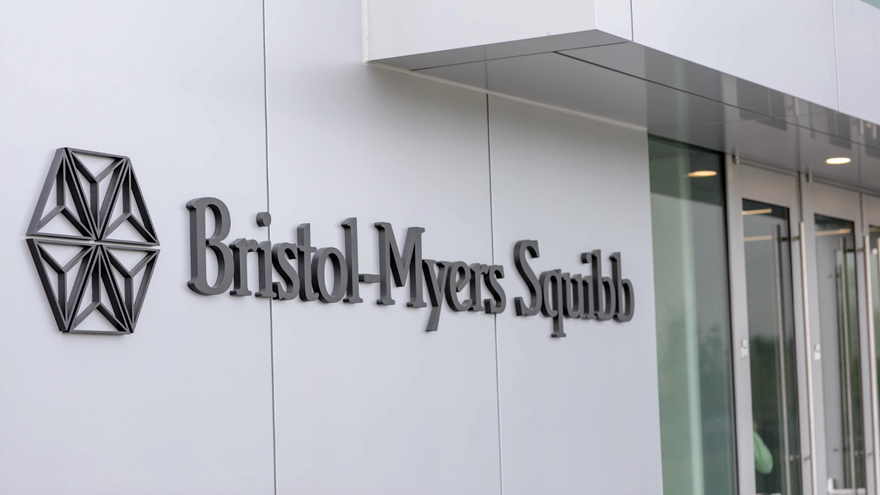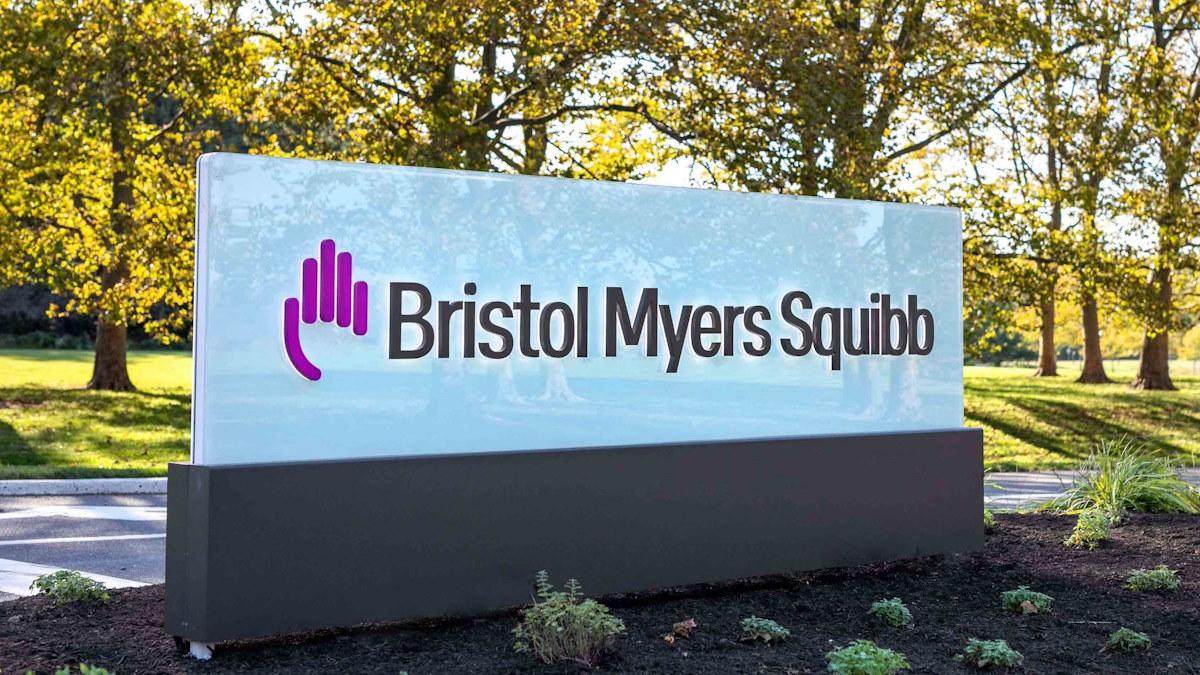BMS gets FDA OK for first LAG-3 checkpoint inhibitor

Bristol-Myers Squibb has won FDA approval for the first LAG-3 inhibitor drug ahead of its rivals in cancer immunotherapy, including Merck & Co.
The US regulator cleared BMS' LAG-3 drug relatlimab as a fixed-dose combination with its PD-1 inhibitor Opdivo (nivolumab) – under the Opdualag brand name – in patients aged 12 or over with unresectable or metastatic melanoma.
The company has brought the antibody to market ahead of Merck's favezelimab, which is being developed as a combination with PD-1 inhibitor Keytruda (pembrolizumab) and started a phase 3 trial in colorectal cancer last year.
LAG-3 is a popular target, and following after is a clutch of drugs in mid-stage development, including Immutep's soluble LAG-3 protein eftilagimod alpha, Novartis/Immutep's leramilimab, Incyte's INCAGN 2385 and Regeneron's REGN3767, amongst others.
Like PD-1, LAG-3 is a negative regulator of T cells, suppressing their activity against cancer cells, so when that brake is released, the immune system can attack and kill tumours.
The FDA approved Opdualag on the strength of the phase 2/3 RELATIVITY-047 trial in unresectable or metastatic melanoma, which demonstrated that patients on the combination drug had a median progression-free survival of 10.1 months, versus 4.6 months for Opdivo alone.
Safety-wise, there were no new signals or types of clinically important events identified with the fixed-dose combination therapy when compared with Opdivo monotherapy.
There were more grade 3/4 drug-related adverse events, however, coming in at 18.9% in the combination arm compared to 9.7% with Opdivo, and discontinuation rates were 14.6% and 6.7%, respectively.
The results nevertheless make Opdualag an alternative to Opdivo plus Yervoy (ipilimumab) – BMS' notoriously hard to tolerate CTLA4 checkpoint inhibitor – which has been approved as a monotherapy for melanoma since 2011 and as a dual therapy with Opdivo since 2015.
In trials, more than 50% of melanoma patients treated with Yervoy had grade 3/4 side effects, although the top-line efficacy of the Opdivo/Yervoy combination looks a little better than Opdualag.
Despite its safety issues, Yervoy is a $2 billion product for BMS, so there is a risk that relatlimab could start to cannibalise some of those revenues, although the CTLA4 inhibitor is approved alongside Opdivo for several other cancers.
That includes renal cell carcinoma, colorectal cancer, hepatocellular carcinoma, non-small cell lung cancer (NSCLC) and mesothelioma. It's worth noting also that Yervoy is not too far away from patent expiry, so Opdualag will help bolster BMS' cancer immunotherapy franchise once biosimilar rivals reach the market.
BMS has high expectations for Opdualag, saying previously it expects sales to reach $4 billion before the end of the decade, but it remains to be seen how the combination fares in other tumour types, with trials on the go in lung and colorectal cancers.
The company told Reuters it expects the drug will cost $27,389 per infusion after discounts. That is roughly in the same ballpark as the Opdivo/Yervoy combination for melanoma.
BMS sues AZ, claiming Imfinzi infringes Opdivo patents
BMS, meanwhile, has filed a patent infringement lawsuit against AstraZeneca, claiming its PD-L1 inhibitor Imfinzi (durvalumab) violates patents it holds on Opdivo.
It's not the first time AZ has been accused of infringing Opdivo's patents. Earlier this month, Ono Pharmaceutical sued the UK drugmaker saying Imfinzi infringes a Japanese patent on Opdivo, which it co-developed with BMS. One has previously won settlements from Merck and Roche in relation to the patent.













